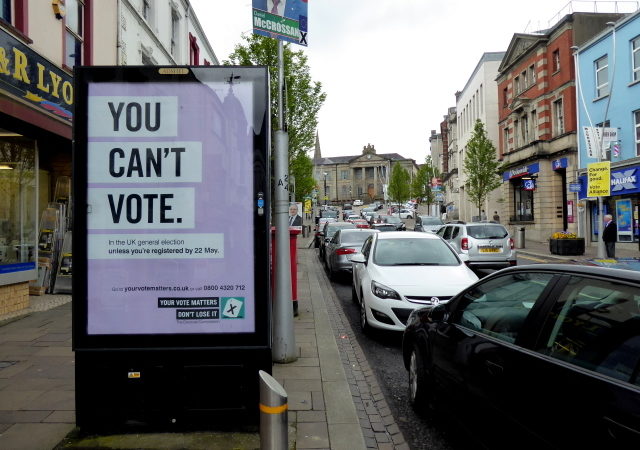Labour MP Jon Trickett is rethinking how democracy needs reviving in Britain. And electoral reform and other constitutional changes are back on the table.

In his seminal ‘In Place of Fear’, Nye Bevan wrote: “[As] a young miner, my concern was with the one practical question: where does power lie in this particular state of Great Britain and how can it be attained by the workers?” Those words from 1952 are as pertinent as ever.
Among others, Jon Trickett – the man in charge of preparing Labour for government – is thinking seriously about this question today.
At Politics for the Many’s event at The World Transformed, Trickett – Labour’s Shadow Minister for the Cabinet Office – declared Westminster over-centralised and decrepit:
“Our state structures have been captured by the interests of an elite. Our democracy has failed.”
But it was never built to succeed for the majority. Democratic progress has come through mass struggle – from the Chartists’ sacrifice in the Peterloo massacre to the valiant campaigning of the suffragettes.
That struggle is not over. Despite devolution, the UK is among the most centralised states in the developed world. Disillusionment in politics is running high: recent IpsosMori research shows that a lack of faith in politics, politicians and government is now a top ten issue for Britain – for the first time.
And a new poll for the Electoral Reform Society by BMG Research shows 75% of Labour supporters believed ‘democracy in Britain is in urgent need of reform – alongside two thirds of the general public.
We see symptoms of this discontent in everything from the surge in the ‘radical’ right to the appeal of ‘take back control’ narratives in the Brexit vote.
But calls for change cross many of the dividing lines in politics, both new and old. 71% of Leave voters and 66% of Remain voters say there’s a need for urgent political reform.
As Trickett noted:
“The first principle of democracy is equality – everyone should be equal at the ballot box.”
That is not the case under the current system: eleven seats were won by fewer than 100 votes in 2017. Had 533 votes changed in 2017 we would have a majority Conservative government today: some voters hold the power, others do not.
The Greens can win over 500,000 votes and just one seat, while the DUP can win ten seats with fewer than 300,000 votes – simply because their voters live closer together. Millions more votes go wasted (two thirds in fact) – not contributing to the result, or are cast ‘tactically’, with voters second guessing each other to game the system.
The principle of popular sovereignty is of government for the many, not the few.
So it’s welcome that Trickett is hoping to spearhead a Constitutional Convention, led by the citizens, based on those values. A bottom-up process, built on the common principle that change is needed, should not stop us thinking seriously about what kind of constitution we need now though.
After a few delays (Brexit didn’t help) the party are now trying again to raise money to get a constitutional convention off the ground. “But we’re absolutely committed,” Trickett says.
Pundits and parties often say democracy is not a doorstep issue. And yet the refrain ‘you’re all the same’ is precisely a question of democracy. People are pissed off. They are disconnected. And in a networked world, mainstream politics too often feels hierarchical, closed off and elitist.
The change we need is not going to come without hard work:
“We’re going to have to fight for it,” Trickett notes. “The powers of reaction will fight tooth and nail to retain the leverage and grip they retain over our state institutions.”
There will be pressures resisting a shift in power within Labour, too. “We’re going to have to fight in our movement to prioritise [democracy]” says Trickett.
There is an open door, though. Jon Trickett was the first MP to nominate Jeremy Corbyn. Corbyn himself referred extensively to the imbalance of power in his keynote conference speech on Wednesday.
What is clear is that we need to radically reshape the state. It’s encouraging news that Labour are considering backing a federal Britain, following calls from Scottish Labour leader Richard Leonard.
Citing Gramsci, Trickett noted: “The old is dying all around us. We can create a new world.” If we don’t? “It will be a time of monsters.”
Attlee asked “how can [power] be attained by the workers?”. The answer is starting to become clear – and a democratic overhaul has to be at the heart of it.
Josiah Mortimer is Editor of Left Foot Forward and works with the Politics for the Many campaign.
To reach hundreds of thousands of new readers we need to grow our donor base substantially.
That's why in 2024, we are seeking to generate 150 additional regular donors to support Left Foot Forward's work.
We still need another 117 people to donate to hit the target. You can help. Donate today.



